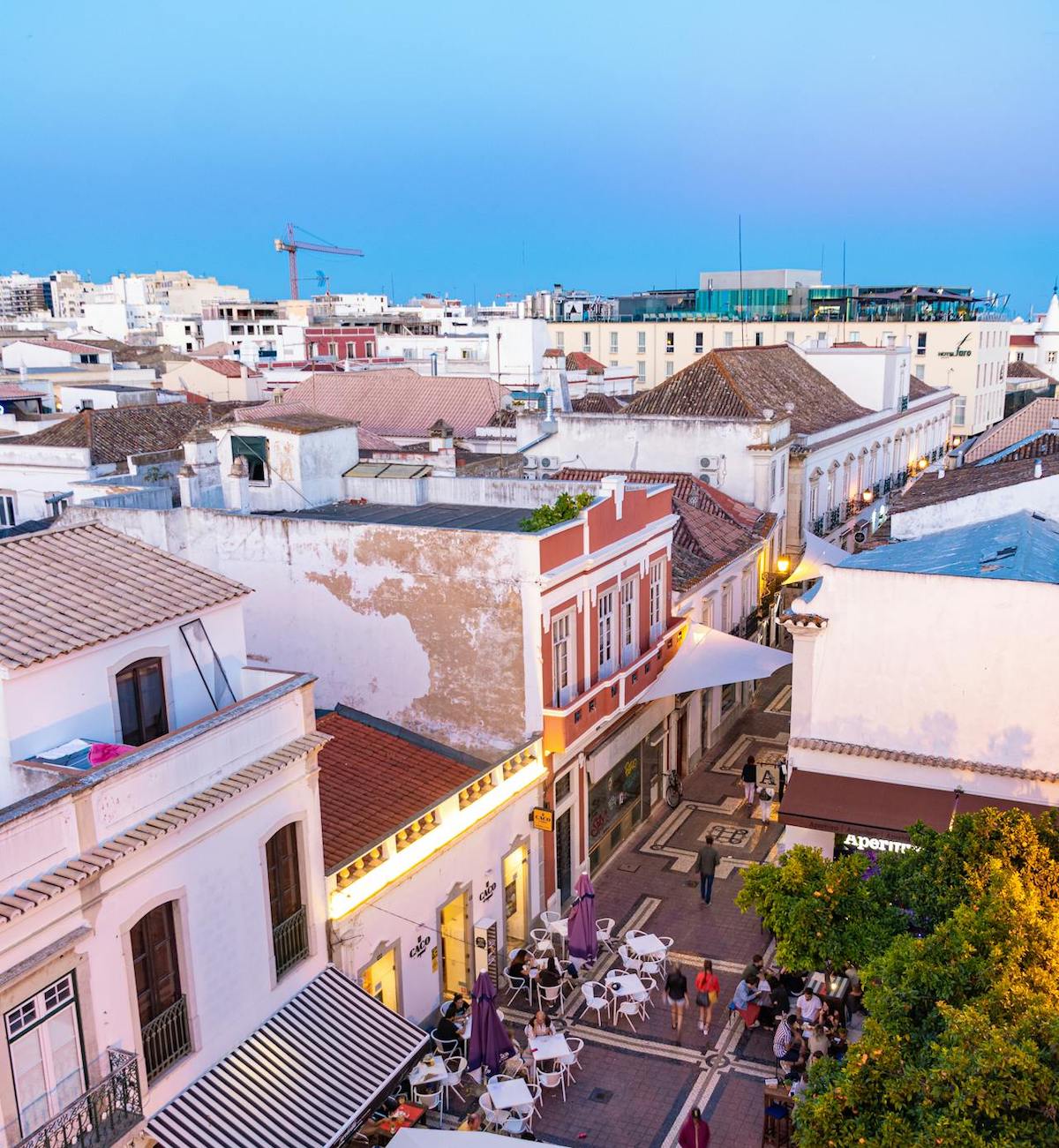Faro, a picturesque city in Portugal, has announced the implementation of a year-round tourist tax, effective November 1. This new regulation aims to enhance local tourism management and generate additional revenue for the municipality. The tax will vary depending on the season, with different rates for high and low tourist seasons.
Key Facts
- Year-Round Tax: The tourist tax will now be charged throughout the year, rather than just during the peak season.
- Variable Rates: The tax will be set at €2 during the high season and €1 during the low season.
- Age Adjustments: The minimum age for tax exemption has been raised from 13 to 16 years.
- Exemptions: Certain groups, including students and medical patients, will be exempt from the tax.
Overview of the New Tax Structure
The new tourist tax structure in Faro is designed to align with the decisions made by the Algarve Municipalities Association (AMAL). Previously, the tax was only applicable from March 1 to October 31, with a rate increase from €1.5 to €2 during the high season. Now, the tax will also apply from November 1 to the end of February, albeit at a reduced rate of €1.
Exemptions
The updated regulations include several exemptions aimed at easing the financial burden on specific groups:
- Students: National and international students enrolled at the University of Algarve who stay in local accommodations during the academic year.
- Medical Patients: Guests whose stays are related to medical treatments, along with one accompanying person, provided they present proof of medical appointments.
- Disaster Relocation: Individuals displaced due to declared disasters or emergencies.
- Professionals: Education, health, and security professionals working in the municipality who require accommodation.
- Local Residents: Residents of Faro using local tourist accommodations, given they provide proof of residency.
Paying the Tourist TAx
The municipality has confirmed that the mechanisms for registering and paying the tourist tax will remain unchanged. Visitors will continue to pay the tax upon check-in at their respective accommodations, ensuring a seamless process for both tourists and local businesses.













